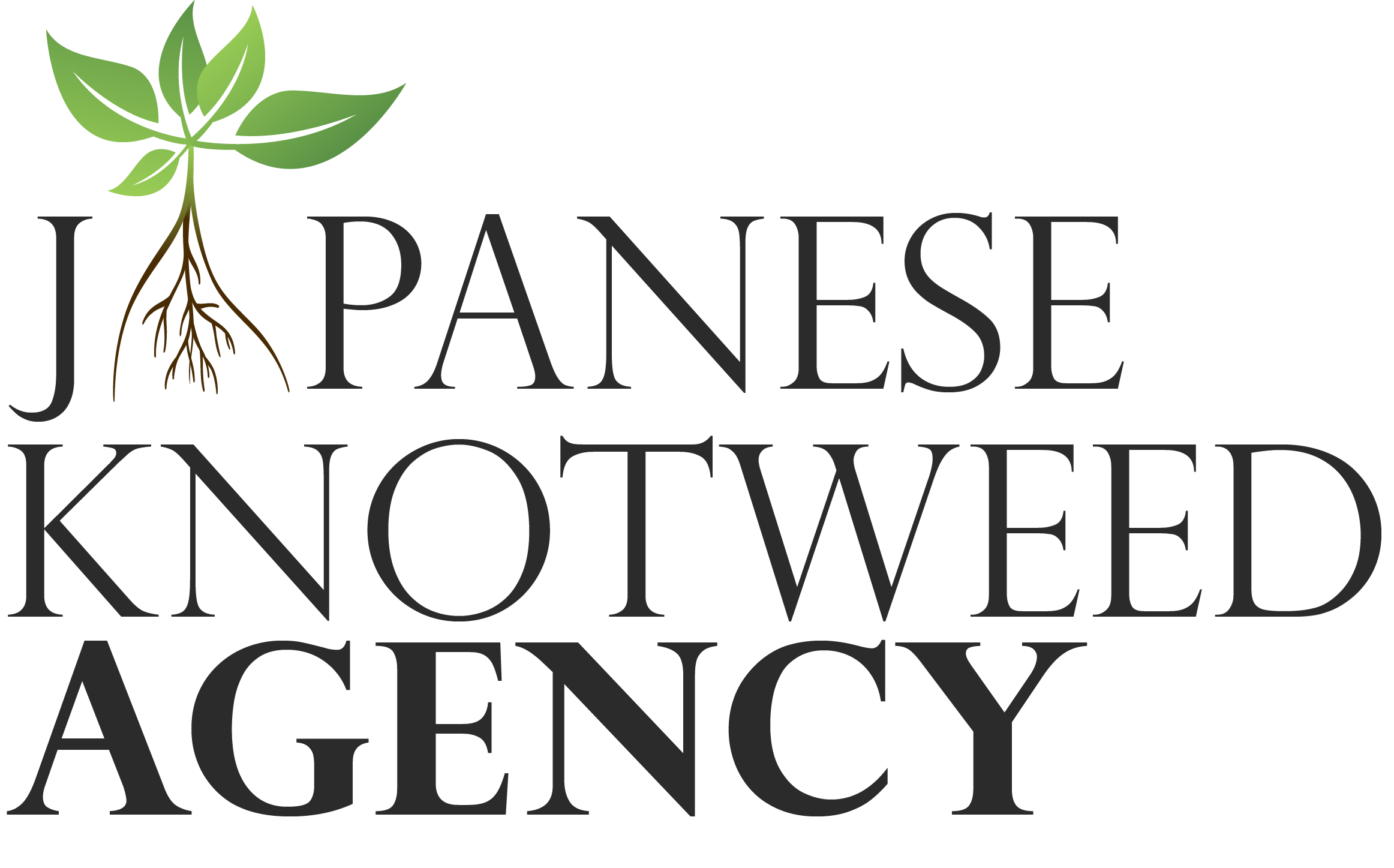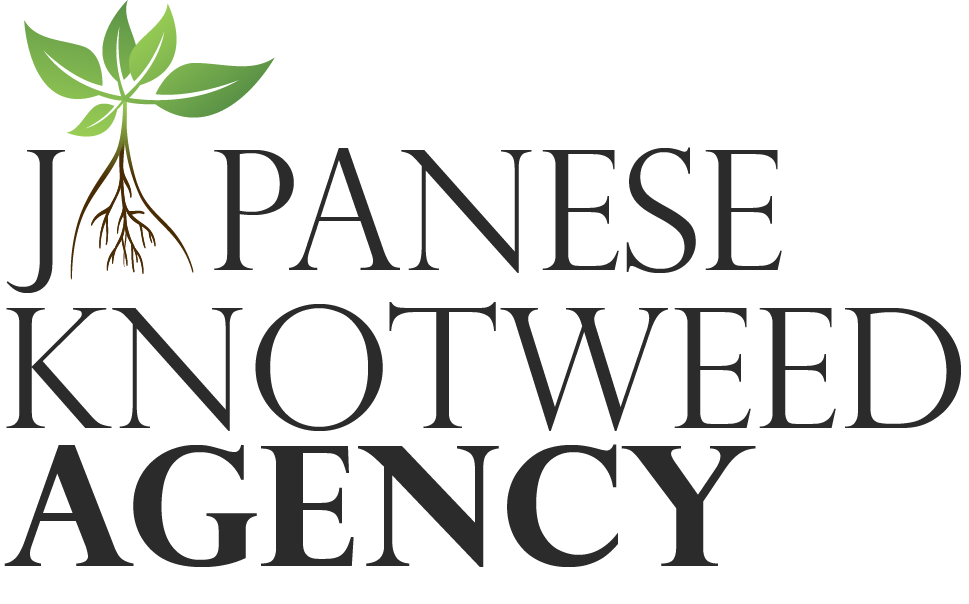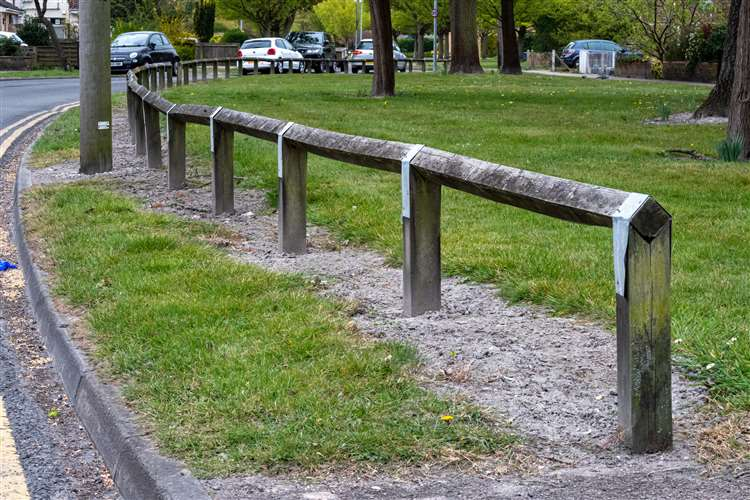Councillors have stopped short of committing to a firm timeframe to end the use of herbicides for weed control in Cambridge.
An example of the impact of herbicide spraying in Wulfstan Way, Cambridge Picture: Keith Heppell
Liberal Democrat Cllr Katie Porrer called on Cambridge City Council to commit to making two wards completely herbicide-free immediately as a trial, with the intention of terminating its use by the end of 2022.
But her motion to the full council on Thursday (July 22) was amended by the leading Labour group to commit to “explore the potential” for a trial.
Cllr Porrer also called for the authority to alert residents when herbicides have been used: “I live in a terrace house in Market with no front garden. And it was only seven days after the council had sprayed the green outside my front door that I realised.
“In the meantime, I’d been putting out my milk bottles and bringing them in, putting them in my fridge and on my table – and my daughter had been doing handstands outside the house, touching these chemicals. This must be happening to so many other families across the city, and it’s not acceptable and people have a right to know, and plan to avoid this.”
She pointed out that 500 people had signed a Pesticide-Free Cambridge petition to stop usage across the city, as highlighted by the Cambridge Independent. Now signed by more than 3,500
“This motion is just the beginning – focusing on eliminating the day-to-day and blanket destruction of wildlife across our streets, verges and paths, using herbicide,” Cllr Porrer concluded.
Labour’s Cllr Alex Collis, executive member for open spaces, sustainable food and community wellbeing, said the ruling group had a “shared vision” and that she was already working with officers to identify two areas where the council could run a herbicide-free trial.
Cllr Collis, who added that the council was already trialling the use of a foam treatment machine as an alternative solution, said: “There’s a lot of potential here to make a really positive difference for our environment and our amendment sets out the additional practical steps that will help to achieve council approved aims, without altering them.”
Julia Shaw and Ben Greig, of Pesticide-Free Cambridge, said in a statement after the meeting: “We are delighted that the motion has been passed, although Labour’s amendments have removed much of the clarity and force of the original proposal which is disappointing.
“For example, with regards the timeline for trialling alternatives and phasing out herbicides across the city, references to ‘commitment’ have been replaced by more vague terms such as ‘explore’ and ‘assess’ which raises the risk of further causes of delay, something that we have been highlighting over the last 14 months as a major contradiction to the council’s 2019 declaration of a Biodiversity Emergency.
“However, even with these amendments, we are happy that in the passing of this motion we now have, in principle, a statement of intent from the council to explore herbicide-free alternatives for weed control in two wards before the next spraying season of this year (September 2021), with the view to stopping all herbicide-use across the city by the end of 2022.
“This is the first time we’ve seen any date at all, having been asking for a timeline for over a year, and so this in itself is a major improvement on the previous stalemate.
A major problem surrounding this decision is that these insidious weeds can be found everywhere & the previous spraying of Glyphosate was the typical treatment used for eradicating weeds including Japanese Knotweed. It was carried out over a period of years (5/10 years), during this consistent treatment Glyphosate has been sprayed in public areas where the soil is now highly contaminated by the chemical & there has not been any research to prove the duration that the chemical is still present.
“We will continue to work with all concerned to try to hold the council to this position, and to ensure it implements its intention to pre-warn residents about spraying schedules, and to put up appropriate signage. This is something we’ve been suggesting for years as a minimum step towards reducing residents’ direct exposure to toxic glyphosate during the five to 10 days that it takes for plant die-off to occur.
“Further, we hope that by raising public concern amongst residents who may have been previously unaware this was even going on, such measures may also help to bring forward the end-of-2022 target for eliminating herbicide-use across the city.”
The motion was beaten by 19 votes to 12, with the Labour amendment passed unanimously.
Alternative non-chemical treatments are available.
Japanese Knotweed Agency is the first and currently only entity that offers a non-chemical Thermo-Electrical treatment against Japanese Knotweed. Delivering up to 5000 volts directly to the weed stalks and crowns, sends a massive destructive shock throughout the weed effectively boiling it in situ and it should decompose and leave no trace.
It may take several treatments as would chemical treatment, but with thermo-electrical treatment, the ground is left 100% safe and chemical free. Treatment does not affect the ground or land or other foliage next to the treated weed.
Japanese Knotweed Agency will now offer this service across England and Wales throughout 2023 and beyond.
Treatment of weeds such as Japanese Knotweed can now be done safely, and without the use of Glyphosates, protecting our environments and the health of children and adults and wildlife, and is a massive step forward that has been needed for decades in line with Europe.
Read more about the Japanese Knotweed Agency and their Thermo-Electric eradication on our website: https://japaneseknotweedagency.co.uk/rootwave/thermo-electrical-treatment/
Or call us freephone 03335 777 888


